Water fasting is an ancient practice that has gained popularity in recent years as a method for detoxifying the body, achieving mental clarity, and promoting overall wellness. By understanding the fundamentals of water fasting, individuals can embark on a journey that balances physical health with spiritual and mental well-being. In a society increasingly focused on instant results, learning how to start a water fast safely and recognizing its myriad benefits can transform both body and mind. This guide offers a thorough exploration of water fasting, its benefits, and how beginners can approach this transformative health practice.
Understanding Water Fasting: A Comprehensive Guide
The Science Behind Water Fasting
Water fasting is a practice that has gained popularity due to its potential health benefits. At its core, it involves abstaining from all foods and consuming only water for a set period. This method is deeply rooted in various religious and cultural traditions, but modern science has begun to explore its physiological impacts.
One of the primary benefits of water fasting is the promotion of cellular repair through a process known as autophagy. During fasting, the body shifts its focus from digestion to healing and rejuvenation. This shift allows cells to remove damaged components, potentially reducing the risk of diseases. For example, studies have shown that autophagy can help in the prevention of neurodegenerative diseases.
Key Benefits of Water Fasting
- Supports weight loss by utilizing fat stores for energy.
- Enhances mental clarity as the body diverts energy from digestion to brain function.
- Promotes detoxification by allowing the liver to process toxins more efficiently.
These benefits make water fasting an attractive option for those looking to improve their health. However, it’s essential to approach fasting with caution and proper guidance, especially for beginners.
Steps to Begin Water Fasting Safely
- Consult with a healthcare professional to ensure it’s safe for you.
- Start with shorter fasts, such as intermittent fasting, to acclimate your body.
- Gradually increase the duration of your fasts as your body adapts.
For those new to fasting, it’s crucial to understand the process and listen to your body’s signals. If you’re interested in exploring more about water fasting, consider checking out resources like Unlock the Secrets of Water Fasting.

How to Start a Water Fast Safely and Effectively
Preparing Your Body for a Water Fast
Before embarking on a water fast, it’s essential to prepare your body to minimize potential side effects. Begin by gradually reducing your food intake over a few days. This helps your body adjust to lower calorie levels and reduces the shock of suddenly stopping food intake. For instance, you might start by eliminating processed foods and sugars, then move to lighter meals like salads and soups.
Hydration is another critical aspect. Ensure you are drinking plenty of water before starting the fast. This not only helps in flushing out toxins but also keeps your body hydrated, which is crucial since you won’t be consuming water-rich foods. For example, aim to drink at least eight glasses of water daily in the days leading up to your fast.
Key Considerations for a Successful Water Fast
- Listen to your body: Pay attention to signals like dizziness or fatigue.
- Have a support system: Inform friends or family about your fast for encouragement.
- Consult a healthcare provider: Especially important if you have health conditions.
Understanding your body’s limits is crucial. If you experience severe discomfort, it may be necessary to break the fast. Having a support system can provide motivation and accountability, making the process more manageable. Additionally, consulting with a healthcare provider ensures that your fasting plan is safe, particularly if you have pre-existing health conditions.
Steps to Begin Your Water Fast
- Set a clear goal for your fast, such as detoxification or mental clarity.
- Choose a suitable duration, starting with a short fast like 24 hours.
- Plan your post-fast meals to reintroduce food gradually.
Setting a clear goal helps maintain focus and motivation throughout the fast. Starting with a shorter duration allows your body to adapt, reducing the risk of adverse effects. Planning post-fast meals is equally important; reintroduce food slowly to avoid digestive issues. For example, start with light broths or smoothies before moving to solid foods.

Exploring the Benefits of Water Fasting for Wellness
Unveiling the Health Advantages of Water Fasting
Water fasting offers a range of health benefits that extend beyond mere weight loss. One significant advantage is its ability to enhance metabolic function. By temporarily eliminating food intake, the body shifts to using stored fat for energy, which can improve insulin sensitivity and promote better blood sugar control. This metabolic shift is particularly beneficial for individuals looking to manage or prevent type 2 diabetes.
Another remarkable benefit of water fasting is its potential to reduce inflammation. Chronic inflammation is linked to numerous health issues, including heart disease and arthritis. During a water fast, the body reduces the production of inflammatory markers, which can lead to decreased inflammation levels. For example, studies have shown that fasting can lower levels of C-reactive protein, a marker of inflammation.
Key Benefits of Water Fasting
- Improved metabolic function through enhanced insulin sensitivity.
- Reduced inflammation, potentially lowering the risk of chronic diseases.
- Enhanced longevity by promoting cellular repair and regeneration.
These benefits highlight the potential of water fasting as a tool for improving overall health and wellness. However, it’s crucial to approach fasting with awareness and understanding, ensuring that it aligns with individual health needs and goals.
Steps to Maximize the Benefits of Water Fasting
- Set clear health goals to guide your fasting journey.
- Monitor your body’s response to fasting and adjust as needed.
- Incorporate mindfulness practices to enhance mental clarity.
Setting clear health goals can help maintain focus and motivation during a water fast. Monitoring your body’s response ensures that the fasting process is beneficial and safe. Additionally, incorporating mindfulness practices, such as meditation or journaling, can enhance the mental clarity and self-awareness often experienced during fasting. These steps can help maximize the benefits of water fasting, making it a valuable addition to a holistic wellness routine.

Water Fasting for Beginners: Tips and Tricks
Adapting to Water Fasting Gradually
For those new to water fasting, starting with shorter fasting periods is crucial. This gradual approach allows your body to adjust without overwhelming it. For instance, beginning with a 12-hour fast can help you understand your body’s initial reactions. This method not only eases the transition but also builds confidence for longer fasting durations.
Tracking your body’s responses during these initial fasts is essential. Keep a journal to note any physical or mental changes, such as energy levels or mood shifts. This practice helps in identifying patterns and adjusting the fasting duration accordingly. For example, if you notice increased fatigue, it might be beneficial to shorten the fast or incorporate rest periods.
Enhancing the Fasting Experience
- Practice mindfulness to stay present and focused during the fast.
- Engage in gentle physical activities like yoga to maintain flexibility.
- Stay informed about your body’s needs and adjust as necessary.
Incorporating mindfulness practices, such as meditation or deep breathing exercises, can significantly enhance the fasting experience. These practices help maintain mental clarity and emotional balance, making the fasting process more manageable. Additionally, gentle physical activities like yoga can support flexibility and circulation without exerting too much energy.
Steps to Begin Your Water Fasting Journey
- Start with a short fasting period, such as 12 hours, to gauge your body’s response.
- Gradually increase the fasting duration as you become more comfortable.
- Incorporate mindfulness and gentle exercises to support your journey.
By starting with a manageable fasting period, you allow your body to adapt gradually. As you become more comfortable, you can extend the duration, ensuring that each step is aligned with your physical and mental well-being. Incorporating mindfulness and gentle exercises further supports this journey, enhancing both the physical and mental aspects of water fasting.
Comprehensive Guide to Water Fasting Techniques
Unlocking the Health Benefits of Water Fasting
Effective Strategies for Safe Water Fasting
Frequently Asked Questions
What is water fasting and how does it work?
How can beginners start a water fast safely?
What are the benefits of water fasting?
Is water fasting safe for everyone?
How long should you water fast for optimal benefits?
Discover the Path to Holistic Wellness with Vitalica! Call us today for a free consultation and start your journey to a healthier, balanced life.
